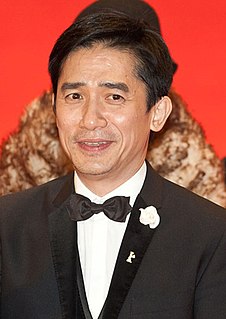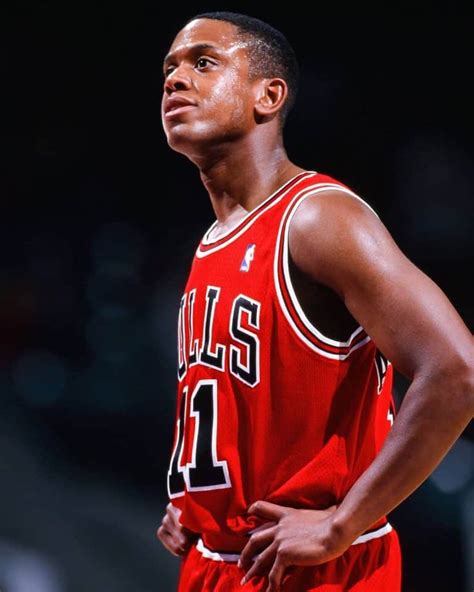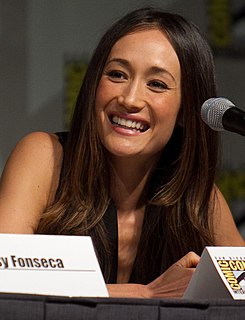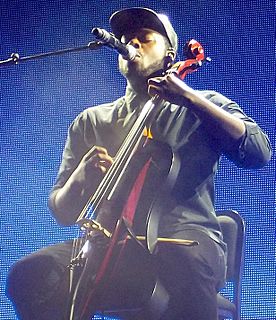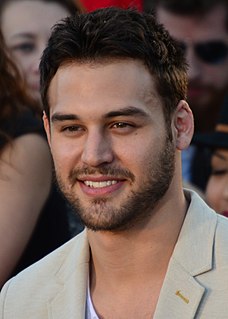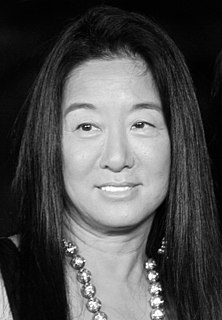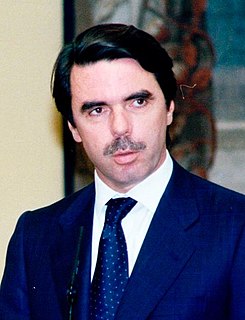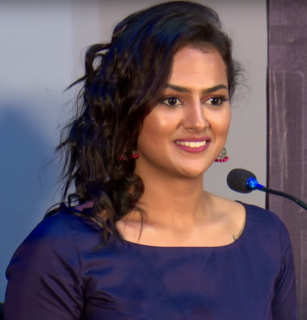A Quote by Tony Leung Chiu Wai
The most difficult thing is that I don't speak Mandarin and I had this experience - of working in a language that I don't understand - before and it's really horrible. Eighteen years ago, I played a mute in one film because I couldn't speak Mandarin. There was another film where I had to speak Vietnamese. It's horrible!
Related Quotes
I speak English, obviously, Afrikaans, which is a derivative of Dutch that we have in South Africa. And then I speak African languages. So I speak Zulu. I speak Xhosa. I speak Tswana. And I speak Tsonga. And like - so those are my languages of the core. And then I don't claim German, but I can have a conversation in it. So I'm trying to make that officially my seventh language. And then, hopefully, I can learn Spanish.
In the case of my second film The Fish Child (El Niño Pez), I had written the novel about 5 years before I made into a film. In the case of The German Doctor I had published the novel a year before I started writing the script, I even had another project to shoot. But I had this idea of the powerful cinematic language from the novel that I couldn't let go of.
